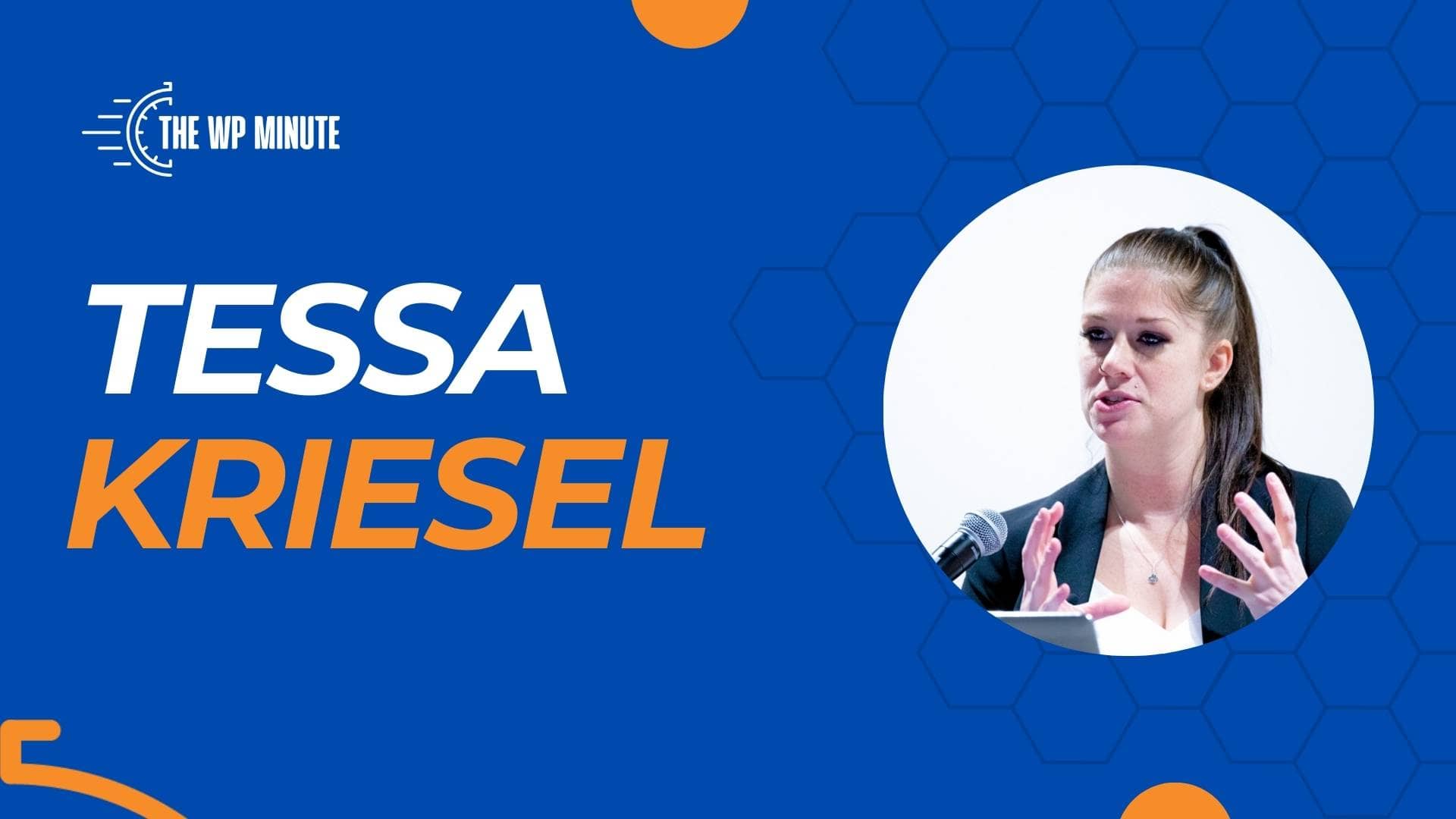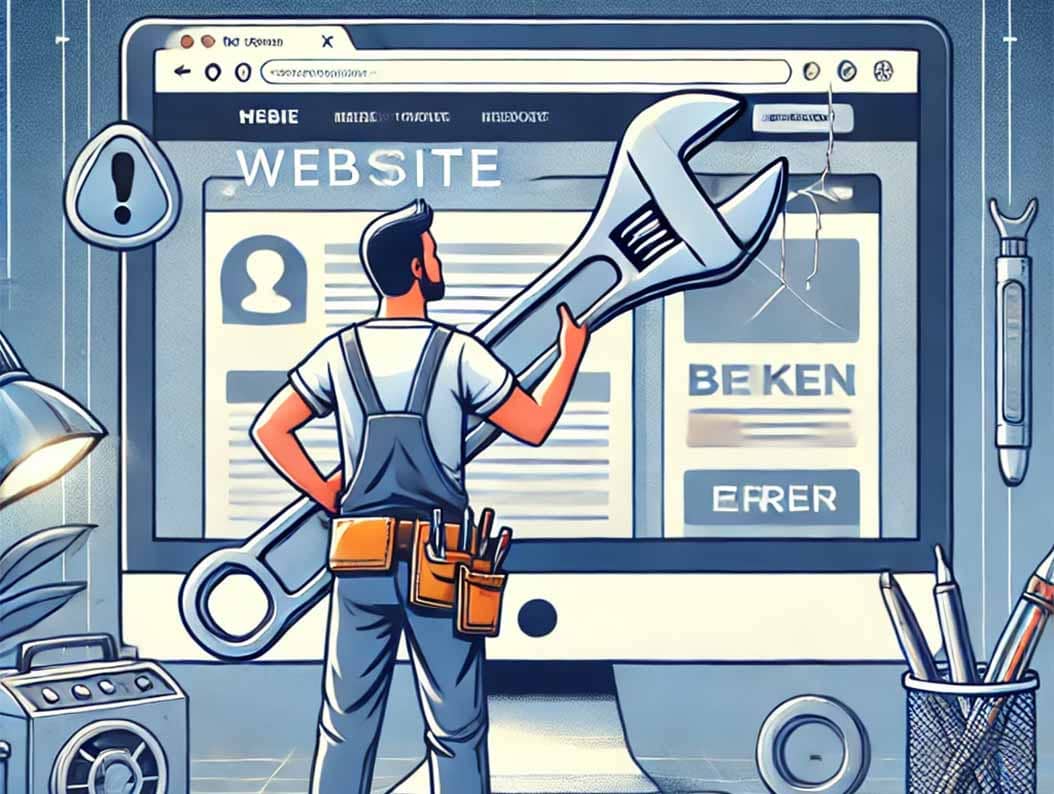If you were scrolling through your #WooCommerce Twitter/X search column in early October 2023, you might have come across this tweet from Rodolfo Melogli:
I reached out to Melogli to find out more about his WooCommerce development woes, and if he could share some insights that may potentially help others in the space.
Can you share more details on the factors that you believe contributed to the -37% drop in work hours sold, as compared to the previous years of growth?
Well first of all, it’s clear that my 10 years long business is moving onto products as opposed to clients.So that will be the very first reason. I started to say no a lot to potential clients.
However, I have to say that this is a 2024 decision. So in 2023, I wasn’t that keen on saying no too much because I still wanted to, you know, make the same revenue as in previous years, while in 2024 I’m going big onto products as opposed to client work.
I think we’re in a sort of a recession in regard to WooCommerce.
What I have to say is that most of that drop in client work, if we also consider that my Business Bloomer site had minus 20% of unique visitors, it’s probably due to the amount of people that are looking at WooCommerce customization, which is way less than in the previous years. The factor here is lack of money and, if that’s not the main thing, is also the fact that some WooCommerce owners moved away or closed down.
WooCommerce is probably losing market share to someone else – likely Shopify.
It’s obvious that that minus 48% drop is also because I lost my biggest client as well who moved from WooCommerce to Shopware 6, which is another ecommerce software, and I’m sure some other minor clients moved to Shopify.
I think we’re in a sort of a recession in regard to WooCommerce.
Having said that, there is still money on the table, so I’m positive that in 2024 I can continue to attract visitors to the Business Bloomer website, which is, of course, a WooCommerce blog – and also convert readers into product customers or client work, which I will only be doing as a retailer from this year onwards.
I think that the factors are quite evident and WooCommerce is going down at the moment, especially not-so-small budgets and people who were used to hiring freelancers. We’re still doing well on new shops and small businesses, but I think that the majority of WooCommerce store owners, which make more than $100k per year, are always thinking about their next move.
How has the landscape of WooCommerce projects changed over the last few years, especially in terms of client demands and the types of projects being requested?
I think that what we are seeing here is a lot of small businesses and startups looking for smaller customizations and a lot of successful WooCommerce entrepreneurs looking for super advanced integrations and customization.
What we’ve lost is, I believe, the entrepreneurs in the middle – the ones that are testing, the ones that are looking for a particular functionality without necessarily having big budgets and the time to implement it
However the economic downturn – we can call it the post-covid recession – really affected these people in the middle so I believe WooCommerce client work is now 90% financed by small businesses or people that have basically unlimited budgets and are not interested in time wasters and really need to make their business processes automatic
In the last 12 months I’ve lost a lot of “middle class” clients and I’ve seen either people looking for super cheap customization or the usual suspects looking for very complex and advanced integrations or optimizations.
Do you think the drop in work hours sold is a temporary setback or a sign of a larger trend within the WooCommerce/WordPress ecosystem?
It’s temporary because as we’ve seen in the last 12 months there have been a lot of people left on the road, a lot of layoffs, so there’s way less money available on the table for each entrepreneur, more risks
On the other hand what we’ve seen it’s a trend – and the trend is especially connected to technological advancement. A lot of clients moved away from WooCommerce, but also some others got really really smarter in the last few months and I believe that’s because of AI.
I’ve never received so many emails from potential clients asking me to revise code that they got out of chatGPT for example – so that’s definitely something different from before.
Have you noticed a shift in the competitive landscape among WooCommerce and WordPress developers? i.e. Are developers taking on smaller projects, discounting fees, etc. If so, how has this impacted your business?
We already covered the fact that there might be a small recession regarding WooCommerce but also the whole tech industry.
So I think developers are of course adapting to this. I’m sure they’re taking on smaller projects, I’m sure they’re discounting their hourly rate for bigger jobs.
I mean this has always been like this, there is nothing new.
This hasn’t really impacted my business; first, because I have a good reputation within the WooCommerce development world, so I get referrals as well as inquiries from people who have been reading my blog posts for years and second, nothing has really changed in the way I operate.
I still get inquiries, I send out exact quotes, I get people to pay 100% in advance, and they’re still happy at the end of the day.
So I don’t think that we’re changing the way we work; I think just the ecosystem went through a big switch. One is because WooCommerce is losing a bit of popularity and the second is that AI is now widely available and therefore more people are relying on this as opposed to 2022.
How have client expectations evolved, especially post-pandemic, and how has this affected the type and scope of projects you take on? I’m curious if customers are more aware of what quality work looks like, and/or willing to invest in something done right.
I think that a lot of people that were forced to build a WooCommerce site during the covid emergency are now dealing with costs and subscriptions and maintenance plans and a lot of expensive things that they were maybe not expecting.
I also believe that online sales dropped a little (I mean we’re not Amazon, we’re small businesses at the end of the day), so it’s normal that people are buying a little less online unless it’s Black Friday (which went very well this year).
So has this really affected the type of projects I take on, and are they more aware of the quality work versus something that is not done right?
Well I have to say that this might not be the case. I see more and more people using AI and see more and more people trying to make the most of cheap labor and then only then going to revise that through an experienced developer.
This is, I think, quite normal for an entrepreneur who doesn’t have an unlimited budget available and always strives to get the cheapest services possible. Which takes us to the conclusion that customers have known forever what quality looks like. It’s just that they tend – and maybe in 2023 the problem was that the money available wasn’t as much as before, there were a lot of costs involved, the bills went up – to look for cheap alternatives and chatGPT solutions and spend a lot more time researching.
The majority of my clients are exactly this type of client who would come to me because a previous developer messed up their website, or their code is not working any longer. So quality is there, they know what quality is, they just don’t want to deal with quality as the very first step.
Are there any specific market dynamics or technological advancements that you think have affected the demand for WooCommerce and WordPress projects (Shopify, AI, etc)?
I think that WooCommerce made some great choices and some bad ones as well, and these have really affected the lives of certain WooCommerce entrepreneurs who didn’t hesitate for a second and just switched to a different platform.
Fatal errors, forcing new settings, new refactorings on people and the lack of a huge premium team of engineers such as Shopify, who is moving at 10x the speed, is probably what we’re talking about here.
WooCommerce is moving slowly, while Shopify’s moving fast.
Also, at the end of the day, WooCommerce it’s quite delicate from a coding, compatibility and uptime points of view, which means that a lot of people probably moved to a different platform if they weren’t happy any longer with it.
I fear Classic widgets and Classic editor plugins are still very popular because a lot of people didn’t really accept the Gutenberg push and early launch, and I fear that WooCommerce now going to fully be compatible with blocks and changing the product editor and reinventing the wheel here might see a Classic WooCommerce plugin to be released soon.
I feel that people are very reluctant about changing something that is working and this is why I would have preferred to keep compatibility with previous versions and maybe have a woocommerce 7 which was stable and a WooCommerce 8+ for the ones that were willing to upgrade to the new experience.
I think that WooCommerce is losing a bit of market share and it is exactly because it’s too delicate; a single line of code can break a full website. Some releases have been very good, some others have forced settings and new UX that people didn’t really like.
On the other hand, Shopify has the the whole ecommerce thing figured out and it’s a no-brainer to subscribe and get everything out of the box as opposed to having to deal with hours and hours of research and testing and finding which plugins does X and which plugin doesn’t, or whether the code I found online is working or not.
Yes, this is also the beauty of open source and the beauty of coding (I mean, we couldn’t be doing that with Shopify) so that’s why I still love WooCommerce and still believe in WooCommerce and I’m sure in the next few months they will tackle these lack of advancements that we’ve seen with other software.
How have you adapted your business strategies to cope with the changes in demand? Are there any new services or offerings you are considering?
Have I adapted my business based on these changes? Do I have new services or offerings?
Well these are decisions I took way before 2023. I think it was around 2019 when I created my first online course about WooCommerce customization (customizewoo.com) and that really started my new era of doing business.
I’m actually able to create a product that I can sell to more people (students in this case), as opposed to working 1-2-1 with clients. That’s much more efficient and scalable. There is much more potential.
An evergreen product that you do once and then you keep making money from (passive income doesn’t exist, I would actually call it “very active income”, and the reason is that each product requires maintenance, updating, fixing, refactoring – nothing exists in business that you do once and then it makes you money forever).
Your time as a dev is limited, but you can sell a thousand courses per week and you don’t need to scale your work by a thousand times in terms of hours! That’s the beauty of products, so this is definitely something that I’ve been wanting to do forever.
In 2023 client work was 36% as compared to 64% of product revenue. So courses, newsletter sponsorships, affiliate income, WooCommerce plugins. The latter is a new thing that I’ve been doing for a couple of years but only managed to scale in 2003 – it’s a different business model where I sell lifetime only, one file only, one objective only, mini plugins: businessbloomer.com/product-category/plugins
And this is really interesting to me – I didn’t want to deal with subscriptions or licensing systems. I just wanted to keep it simple and it’s been working really well so far and I plan to be doing more of this in 2024 as well as online courses and of course community – my new motivation!
I’ve created a private community called “Business Bloomer Club” (businessbloomer.com/club). This allows members to access a Slack channel for daily WooCommerce support and consulting, as well as a series of masterclasses so twice a month myself or a guest teacher would teach something new (Woo!). The Club is working really well so my new objective for the year is not to work with more clients but to expand on my community offerings and make sure I can build a great group of WooCommerce developers.
How do you foresee the future of WooCommerce and WordPress development, especially in the context of other platforms and technologies (Shopify, AI, etc)?
I think that integration is going to be key. If we can make the most of these other platforms than WooCommerce and in general WordPress can actually keep thriving. For example, there are now some AI generators or code sniffers exclusively for WordPress, and I’m sure there will be something for WooCommerce as well. We need to leverage these new technologies and by leveraging these technologies then we can stay up to date with the trends and we can get more people to keep using our tools as opposed to moving to different platforms.
For example in WooExpress you can generate product descriptions with AI. This is amazing, but we should be having that integration into the self hosted version as well. So we need integration, we need to leverage new technologies, we need to stay up to date, and I mean if you see Shopify you can definitely and clearly understand how fast they’re moving so we need to be even faster
If we don’t, then people are always looking at alternatives.
What happens if for any reason WooCommerce is sold by Automattic and goes to a company you’re not happy with?
Can you share any advice or lessons learned from this experience that might be beneficial to other agencies and freelancers operating in the WooCommerce and WordPress space?
Well I think it’s very important to keep learning.
I am in the process of studying the whole WooCommerce blocks API and docs which honestly I hadn’t done before. This because it wasn’t ready, it wasn’t yet into core, it came as a separate plugin. So now that it’s official it is important to learn what’s possible and what’s not. And if not, to make sure that WooCommerce gets to know and gets your feedback, so that we can improve it.
Second thing, don’t put all your eggs in the same basket. So, I’m doing client work but also focusing on products (plugins, memberships, online courses, newsletter sponsorships, affiliate income , etc) – that’s because I don’t want my business to only rely on client work.
Third would be to make sure we don’t necessarily rely on WooCommerce. I mean I’ve become a WooCommerce expert but I know nothing about the likes of Shopify or ShopWare or Adobe Commerce or whatever it is, which is quite bad because what happens if one of these, in 5-years time, takes 40% of the market share? What happens if for any reason WooCommerce is sold by Automattic and goes to a company you’re not happy with?
At the end of the day we know PHP, we know JavaScript, we know HTML, we know CSS, which means that we’re ecommerce software agnostic, and that’s a good thing, but I think it would be important – and this is what I will be doing this year – is trying to go to non-WordPress conferences (would be nice to go to a Shopify conference, or a generic ecommerce conference) and this is because we need to know what’s going on in the outer world, in the outside world, if we want to make sure that WooCommerce holds onto its market share.
Thanks to Rodolfo Melogli for sharing his time and experience with us. Follow him on Twitter/X and check out his WooCommerce newsletter.
Join The Newsletter
Get your favorite 5 minutes of WordPress news for busy professionals every week — 100% Free! Join the WP Minute Newsletter below 👇






